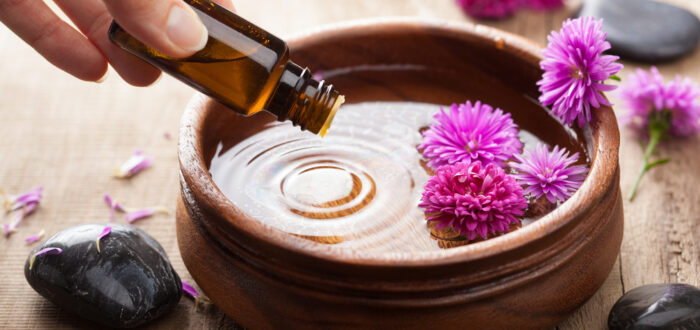In recent years, the quest for holistic and alternative treatments for various health issues has gained significant traction. Among these, aromatherapy, an age-old practice using essential oils for therapeutic purposes, has emerged as a popular choice. But can aromatherapy help with hearing problems?
This intriguing question deserves a closer look, especially considering the increasing prevalence of hearing issues in today’s society.
Understanding Aromatherapy
Before delving into the specifics of how aromatherapy might benefit those with hearing problems, it’s essential to understand what aromatherapy is.
Aromatherapy involves the use of essential oils extracted from plants, which are believed to have therapeutic properties. These oils can be inhaled, massaged into the skin, or sometimes taken orally.
The practice is grounded in the concept that certain aromas can trigger positive physical and emotional responses in the body.
The Connection Between Aromatherapy and Hearing Health
While there is a plethora of research on aromatherapy for various conditions like stress, anxiety, and pain management, studies specifically targeting hearing problems are relatively scarce. However, some insights can be gleaned from related research.
- Circulatory Benefits: Certain essential oils are known for their circulatory benefits. For instance, rosemary oil is often cited for its ability to improve blood circulation. Improved circulation in and around the ears could potentially benefit certain types of hearing issues, particularly those related to poor blood flow.
- Anti-inflammatory Properties: Essential oils like lavender and chamomile are renowned for their anti-inflammatory properties. In cases where hearing loss is associated with inflammation, such as in some forms of sensorineural hearing loss, these oils might offer some relief.
- Stress Reduction: Stress is a known aggregator of tinnitus, a common hearing problem. Aromatherapy, particularly with oils like lavender, has been shown to reduce stress and anxiety. By alleviating stress, aromatherapy could indirectly benefit those suffering from tinnitus.
Limitations and Considerations
It’s crucial to note that while aromatherapy might offer some benefits, it is not a cure for hearing problems. Hearing loss can stem from a variety of causes, including age, noise exposure, infections, and genetic factors. Therefore, it’s essential to consult with your local hearing specialist for a proper diagnosis and treatment plan.
Moreover, essential oils should be used with caution. They can cause allergic reactions in some people and should be used according to the guidelines provided by qualified professionals.
Trust the Hearing Specialists at Hearing Services of Delaware
If you would like to discuss further, feel free to reach out to our hearing specialists. At Hearing Services of Delaware, we are committed to providing you with the latest and most effective hearing solutions. Contact us today to schedule an appointment with one of our certified hearing care professionals.

